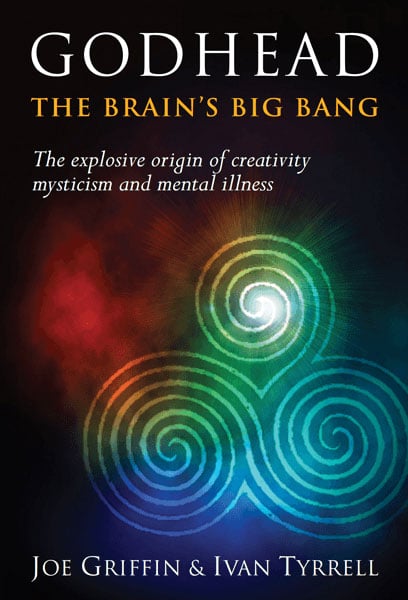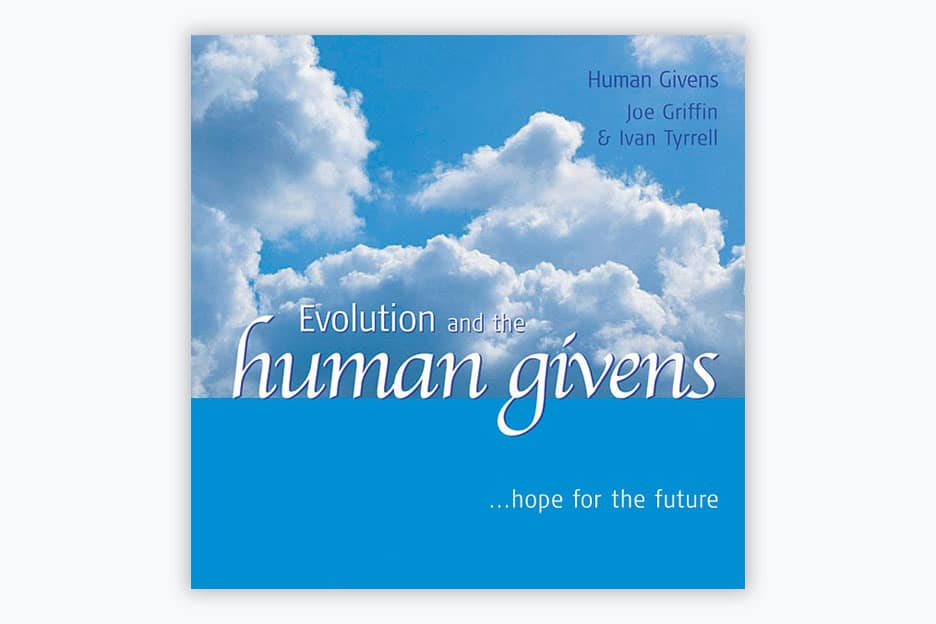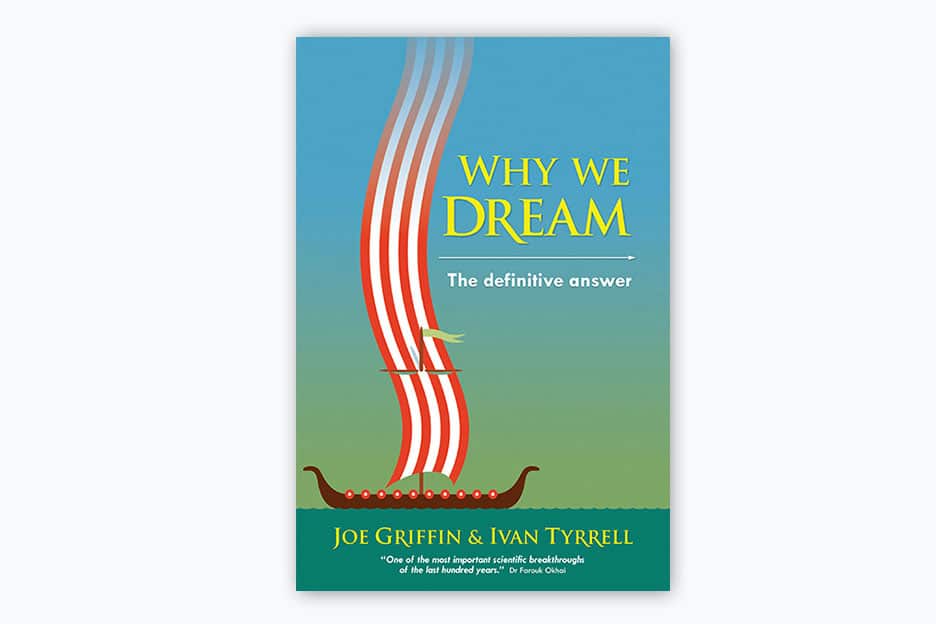
Godhead: The brain’s big bang
The explosive origin of creativity, mysticism and mental illness
by Joe Griffin and Ivan Tyrrell
Format: Hardback (480pp)
ISBN: 1-899398-27-9
-
Stock due soon, register your interest below to be first to hear!
- Price: £25
Not currently available
Out of stock
In Godhead: The brain’s big bang, Joe Griffin and Ivan Tyrrell reveal why science and mysticism are two essential aspects of human functioning and how both are linked to the human vulnerability to mental illness. In doing so they provide new reasons for why those who think human life is essentially meaningless are utterly wrong.
The innate human need for meaning is a given and, through the lens of evolution, cultural history, poetry and a wealth of new insights, the authors draw psychology, science and mysticism together into the same river of human experience and answer questions at the heart of humankind’s deepest yearning: to understand ourselves.
An astonishing book, rarely have I read one as rich or thought-provoking - it covers an amazing amount of history, archaeology, psychology, physics and even mysticism and pulls them all together in the most powerful and convincing way.
M. Gibson
The following are just some of the questions covered:
- Why is it that we are capable of creating societies that foster the highest pinnacles of extraordinary individual and collective creative achievement, yet so often let our cultures degenerate and brutally collapse?
- Why did mental illness not evolve out of the human race?
- What is consciousness?
- How did consciousness arise from inanimate matter?
- What is the ‘nothing’ that physicists say existed before ‘something’ first appeared?
- Where did the quantum information come from that made our vast universe and all life forms in it possible?
- Can the claims about the nature of reality made by mystics throughout the ages be reconciled with our best scientific insights?
- What is mysticism for?
- Is evil necessary?
- Is serving others important?
- Are ‘God’ and ‘Godhead’ still useful terms?
- What is ‘destiny’?
- Can one live one’s life so as to consciously evolve?
- Can individual consciousness survive death?
In their answers to these questions you will encounter breakthrough ideas about the origin of information in the universe, the nature of consciousness, time, autism, caetextia, psychosis, imagination, hypnosis, prehistoric cave art, stone circles, ancient Egypt, Gnosticism, Sufism, the esoteric origin of science and the nature of relationships, love and human destiny.
Godhead: The Brain’s Big Bang is a worthy successor to their previous best seller, Human Givens: A new approach to emotional health and clear thinking. Directly and indirectly that book enriched millions of lives. This new one could do the same.
Register interest form here



An All-Encompassing Masterwork. This is a book of both extraordinary scope and profound insight. Drawing together knowledge from psychology, ancient wisdom, poetry, literature, and quantum physics, the authors put forward highly convincing models – demonstrably consistent with science – about the nature of the universe and how it operates.Griffin and Tyrrell take aim at questions which genius minds have grappled with since the dawn of time, not least the enduring conundrum: why do we exist? In doing so they, may have solved some of the fundamental riddles which block the way forward for scientists working in physics and biology today, namely: What is the origin of the information that makes matter possible? How did life arise out of inanimate matter? And,what is consciousness?Unlike some other works that approach the same, or similar questions, Godhead is neither mired in the indecipherable technical patois of specialist academics, nor blunted by the hollow mystical jargon that nowadays passes for genuine spirituality. Godhead’s prose is sharp, sober, informed, flowing, elegant and accessible, leading the reader through its great edifice of knowledge whose passageways and galleries are all shown to be interlinked.We learn that areas as seemingly distant as physics and psychology are in fact more connected than we could ever imagine. And this leads to one of the main pillars in Godhead’s great hall of ideas: that the existence of the physical universe, of the cosmos itself, is directly related to consciousness. The quality of our thoughts, actions and attention, the book alleges, has a very real impact on the constantly changing state of the universe.
I recommend this book wholeheartedly to anyone with a brain….but a caution here to those with brains… this is a mind-blowing, startlingly original work. Nonetheless, hazards aside, I feel that this book should in fact be read by everyone. It is loaded with ideas, concepts and propositions that are, to say the very least, highly thought-provoking. One could hype the contents with such claims as “answers the question of good and evil in the world”, “reconciles science and spirituality”, “opens the curtain on the mystery of genius”, “discusses IntelligentDesign in a brilliantly intelligent manner”. The preceding comments are not meant to diminish the great seriousness and depth of this masterwork, but such things do in fact stick out, do they not?I am not one to buy extra copies of books I find amazing, and then pass them out to friends, but in this case, I felt impelled to do so. So far no complaints. I do believe everyone should read Godhead, the Brains’ Big Bang….but is this book in fact …”for everyone”? Actually, most likely not; it is too original of thought to be acceptable to many, perhaps, evenas food-for-thought. But then simply for the “benefit of contact” with thinking and observation at a level like this…for that alone..I recommend this book to one and all.